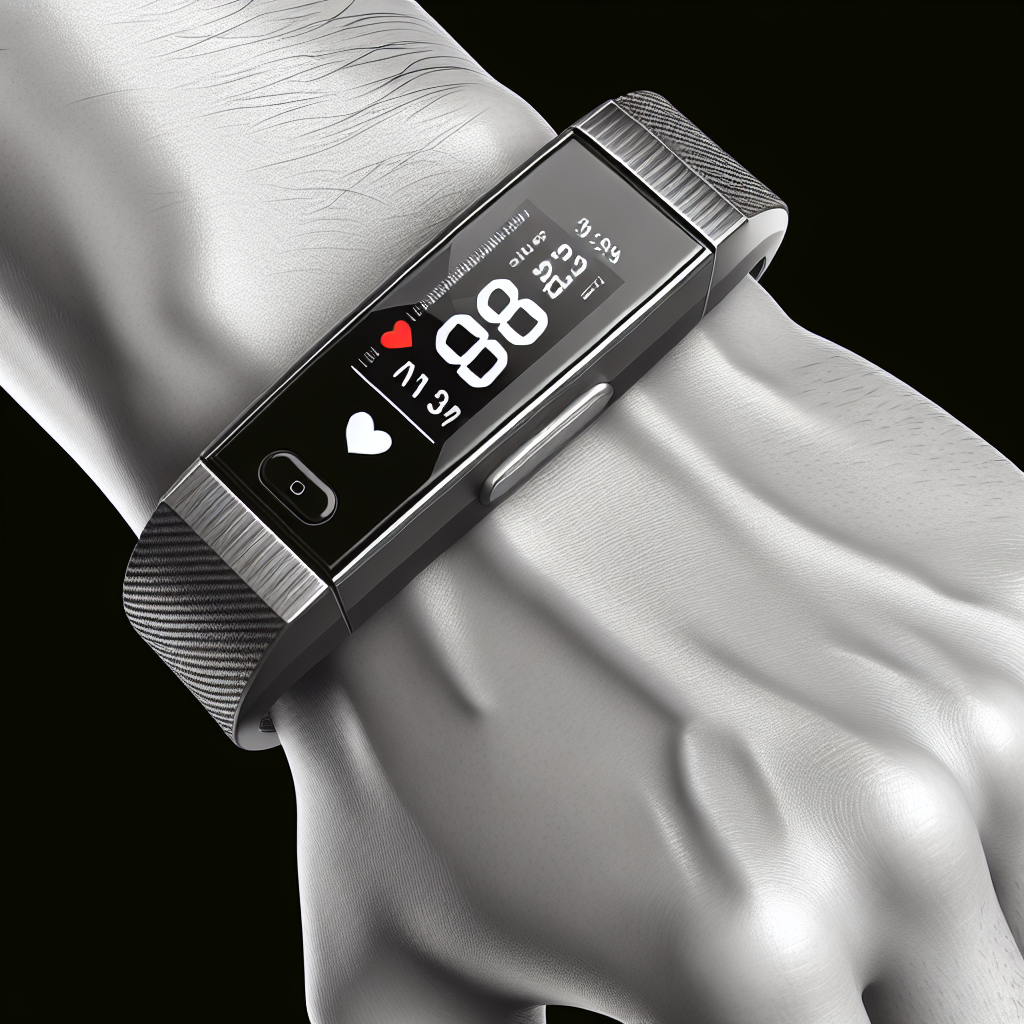In an age where technology is intertwined with almost every aspect of our lives, mobile health (mHealth) stands at the forefront of a healthcare revolution, particularly in the realm of cardiovascular prevention. The growing prevalence of heart diseases and the increasing burden they place on healthcare systems worldwide call for innovative solutions to prevent and manage these conditions. mHealth, with its accessibility and potential for personalized care, offers a promising avenue to address these challenges.
The Rise of mHealth
mHealth refers to the practice of medicine and public health supported by mobile devices such as smartphones, tablets, and other wireless devices. It encompasses a wide range of services, from health information delivery to real-time monitoring of vital signs. The potential of mHealth in cardiovascular prevention lies in its ability to empower individuals with the tools to track, manage, and improve their heart health.
Personal Health Monitoring
One of the most significant benefits of mHealth is the ability to monitor personal health data. Wearable devices and smartphone apps can track physical activity, heart rate, blood pressure, and other vital signs, providing users with immediate feedback on their cardiovascular health. For those with existing heart conditions or at risk of developing them, such tools can be life-saving.
Access to Information and Support
Another advantage of mHealth is the ease of access to information and support. Patients can receive reminders to take medication, schedule regular check-ups, and stay informed about their health status. Moreover, mHealth platforms can connect patients with healthcare providers, allowing for remote consultations and timely interventions.
For those seeking more information on cardiovascular health, Avix Health offers a dedicated section that provides valuable resources to help individuals understand and manage their heart health effectively.
Integrating mHealth with Traditional Healthcare
While mHealth is a powerful tool on its own, its integration with traditional healthcare systems is where its potential is fully realized. By bridging the gap between patients and healthcare providers, mHealth facilitates a more collaborative approach to cardiovascular prevention.
Enhanced Patient Engagement
mHealth encourages active patient engagement by making health management more interactive. With real-time tracking and personalized feedback, patients are more likely to adhere to prescribed treatment plans and lifestyle changes. This active participation is crucial in preventing the onset or progression of cardiovascular diseases.
Data-Driven Insights
The vast amount of data collected through mHealth apps and devices can provide valuable insights for both patients and healthcare providers. By analyzing this data, patterns can be identified, and treatment plans can be tailored to the individual’s specific needs, improving the effectiveness of preventive strategies.
The Evidence for mHealth in Cardiovascular Prevention
The effectiveness of mHealth in cardiovascular prevention is supported by a growing body of research. Studies have shown that mHealth interventions can lead to improved medication adherence, increased physical activity, and better management of risk factors such as high blood pressure and cholesterol.
For instance, a study highlighted by the American Heart Association demonstrates the positive impact of mobile apps on hypertension management. Similarly, research published in the Journal of Medical Internet Research has shown that mHealth can effectively support weight loss efforts, which is a key component in preventing heart disease.
mHealth and Lifestyle Modification
Lifestyle modification is a cornerstone of cardiovascular disease prevention. mHealth can play a critical role in supporting healthy behaviors such as diet, exercise, and stress management.
Promoting Physical Activity
mHealth apps that track physical activity can motivate users to stay active. By setting goals, monitoring progress, and providing virtual rewards, these apps make exercise more engaging. Additionally, resources like the Importance of Aerobic Exercise in Hypertension Management offer in-depth information on how to incorporate exercise into a heart-healthy lifestyle.
Nutritional Guidance
Diet plays a pivotal role in heart health, and mHealth can aid in dietary planning and monitoring. Apps that provide nutritional information, track food intake, and suggest heart-healthy recipes can help individuals make informed choices about their diet. Articles such as Nutrition and Heart Health: Examining the Best and Worst Foods complement these tools by offering evidence-based dietary advice.
Stress Reduction
Chronic stress is a known risk factor for heart disease, and mHealth apps offering meditation, breathing exercises, and other stress-reduction techniques can be beneficial. The link between stress and heart health is further explored in The Effects of Chronic Stress on Cardiovascular System, providing a comprehensive understanding of this relationship.
Challenges and Considerations
Despite the promise of mHealth, there are challenges to its widespread adoption. Privacy and security concerns, the need for standardized data interpretation, and ensuring equitable access are some of the issues that must be addressed.
Furthermore, mHealth should not replace traditional healthcare but rather complement it. Patients should be encouraged to maintain regular contact with their healthcare providers and to view mHealth as a supplementary tool in their health journey.
The Future of mHealth in Cardiovascular Prevention
As technology advances, the potential for mHealth in cardiovascular prevention will continue to grow. Innovations such as artificial intelligence and machine learning can enhance the personalization and accuracy of mHealth interventions, leading to even better outcomes for patients.
For those interested in exploring the role of technology in cardiovascular health further, resources like Innovative Strategies for Cardiovascular Disease Awareness provide insights into the future of heart health interventions.
In conclusion, mHealth represents a significant step forward in the fight against cardiovascular diseases. By leveraging the power of technology, individuals can take control of their heart health and providers can deliver more effective, personalized care. As we continue to explore and integrate mHealth into our healthcare systems, the hope for a heart-healthy future becomes ever more attainable.



